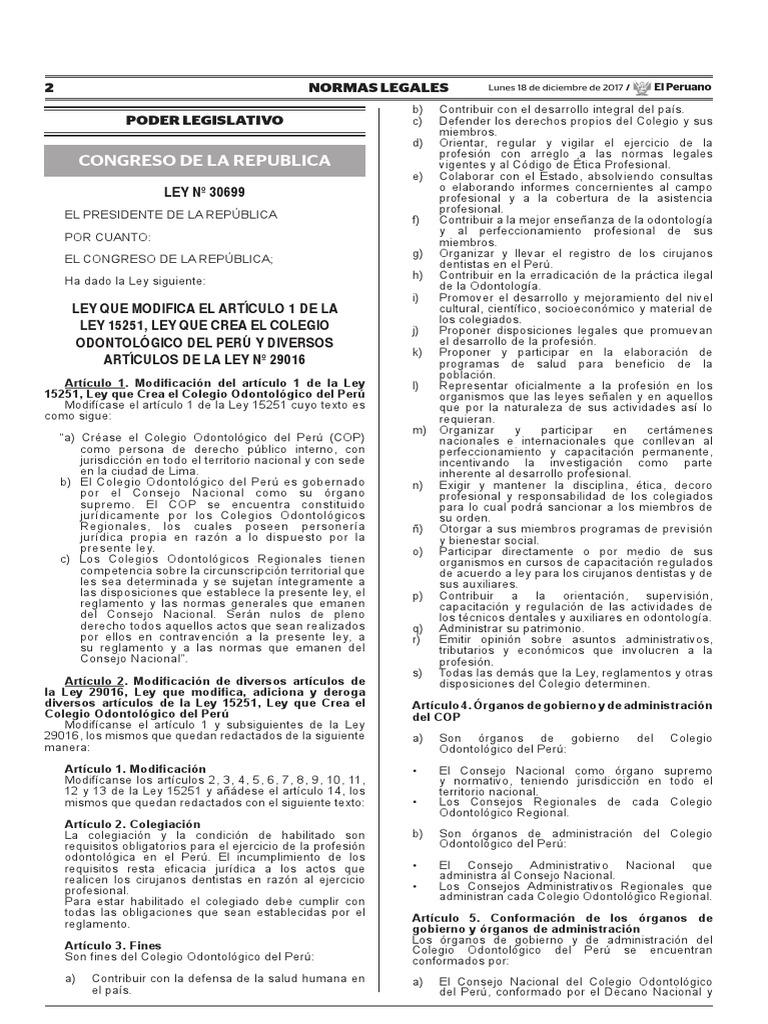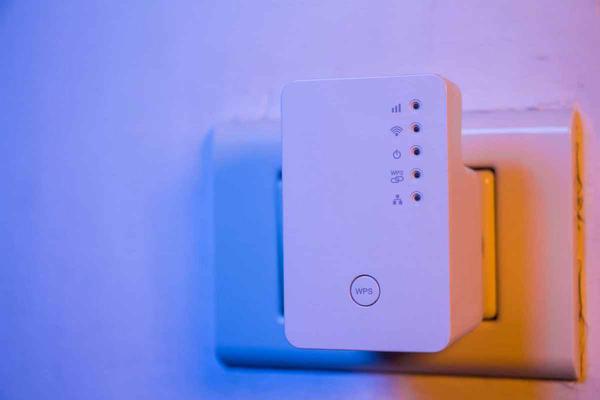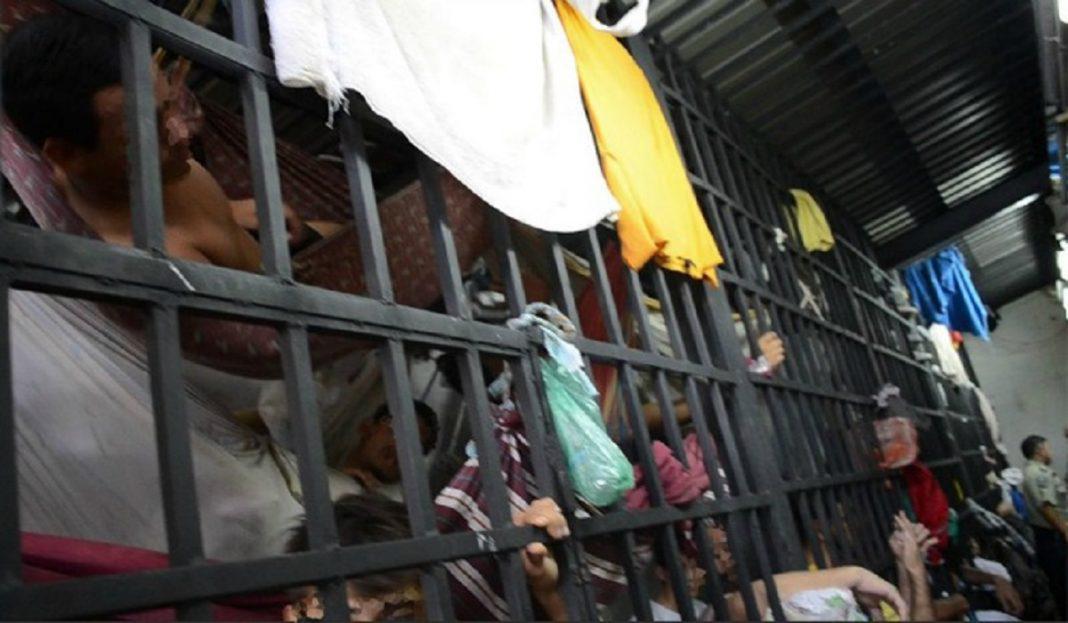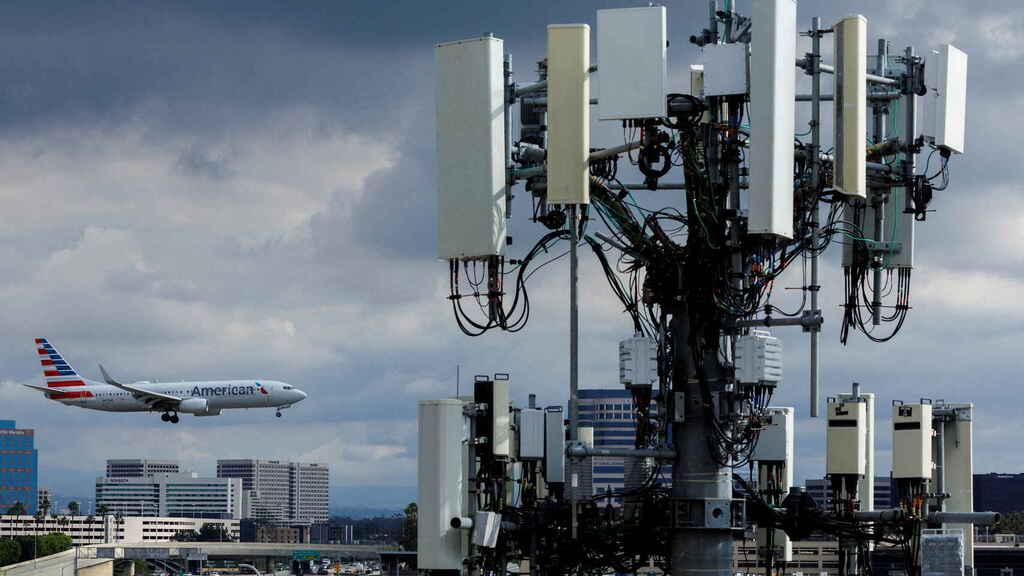Bill obliges Internet provider companies and public works concessionaires to grant free and equal access to this network to all people. - Constitutional Journal
The motion, sponsored by Representatives Núñez and Leuquén and Representatives Fuenzalida, Galleguillos, Santana and Sauerbaum, modifies Law No. 18,168, General Telecommunications and the Public Works Concessions Law, to promote connectivity and access to Internet.
The authors point out that Internet access has been classified for several years as a Human Right. Although the jurisprudential trends that recognize this are more recent, it is possible to find approaches that already in 1997 spoke of the relevance of understanding the Internet as a tool that allows the expression of multiple fundamental rights, such as free expression, the right of association , civic participation and even economic entrepreneurship.
They add that in 2011, the United Nations (UN) referred to the Internet as a Human Right in a report by the Special Rapporteur on the Promotion and Protection of the Right to Freedom of Opinion and Expression, which highlights the importance of the Internet for the exercise of freedom of opinion, expression and information, concluding that States should, in consultation with their population, establish policies to ensure that Internet access is available and sustainable, since it represents a channel for the realization of human rights.
In Chile, they specify, the regulation of the Internet is addressed as a service within Law No. 18,168, General Telecommunications, however the international vision of this good and the exceptional nature of the pandemic have made it possible to notice the enormous importance that the Internet has in our lives and how important it is for the inclusion and development of children and young people in the process of training, small businesses and entrepreneurs or for remote access to State services.
They add that access to the Internet is not exempt from problems, the main one being the local geography that requires high-level infrastructure for this access to be possible.
According to official figures from the Undersecretary of Telecommunications, as of March of this year there were 3,925,595 fixed or home Internet connections, which means more than double that of 10 years ago.
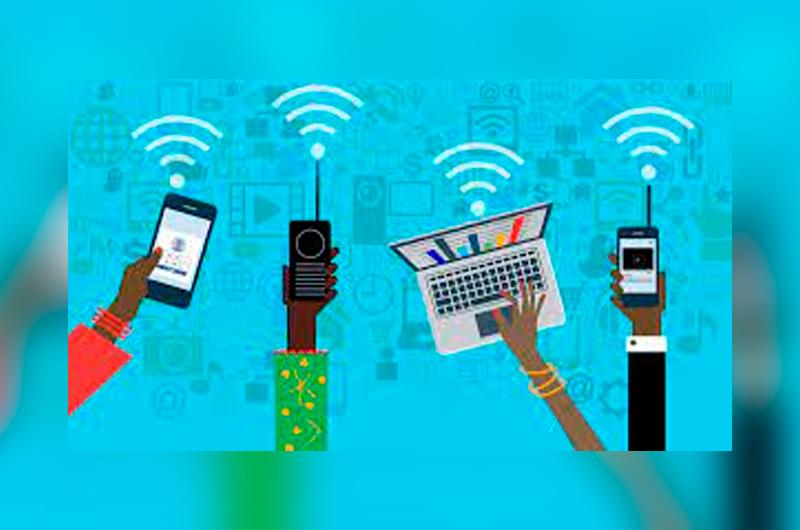
However, they contrast, the majority is concentrated in the central zone of the country and in the Metropolitan Region. In this region there are 1,888,737 connections for a population of 7,112,808 inhabitants according to the last Census of 2017, which gives a rate of 0.26 connections per inhabitant.
In contrast, in the XI Region of Aysén there are 18,496 connections and 103,158 inhabitants, which gives a rate of 0.17 connections per inhabitant. In the III Region of Atacama there are 55,102 connections and 286,168 inhabitants, which gives a rate of 0.19 connections per inhabitant.
These data, they say, are indicative of the difficulty in accessing the Internet and the entry of digital technologies in isolated and extreme areas, such as the aforementioned southern and northern regions. This reality, they add, has allowed Chile to speak of a deep digital divide, in which little or late access to the Internet marks deep differences and inequities between people, especially in relation to children and young people with regard to their formative process.
They complement that, in May of this year, the Undersecretary of Telecommunications estimated that there were 2,680 educational facilities without Internet access, which is equivalent to 1 in 3 schools in the country, 47% of them being rural, which led to the Undersecretariat to prepare a Connectivity Plan for Education 2030, in order to achieve full connection of the country's educational facilities in that year.
Constitutional Reform consecrates the right to connectivity ...
Therefore, they maintain that it is necessary to advance in mechanisms that ensure the provision of the Internet, understanding it as a public good of total necessity that even emerges as a fundamental right of people.
The project modifies Law No. 18,168, General Telecommunications, in order to establish free and equal access to the Internet for all people and impose the obligation on Internet provider companies to provide connectivity to this service throughout the national territory, making it possible to carry out replacement actions in cases where this is excessively onerous.
Likewise, it modifies the Public Works Concessions Law, in order to require the public works concessionaire to execute the necessary actions to allow free and equal access to the Internet for all people, both during the construction phase and in the phase of exploitation of public works.
The initiative modifies Law No. 18,168, General Telecommunications, to add a new paragraph to its article 2 as follows: "Likewise, all the inhabitants of the Republic will have free and equal access to the Internet, in accordance with what provided in letter e) of article 24 H of this law.”
It also incorporates a new literal in article 24 H, with the following text: “They must offer connectivity throughout the national territory in accordance with the Internet Technical Regulations in force and applicable to this service. The supplier may be exempted from fulfilling this obligation only if:
- It will be the territory included in those regions or provinces classified as "Extreme Zones" in which the bonus benefit established by Law No. 19,853 is required.
- Justify the excessive burden which represents providing connectivity and Internet access at all points of the regional or provincial territory.
- As a replacement measure, provide or finance, directly or indirectly, an access point and Internet connectivity of free public access, that provides said service free of charge for at least 8 hours each day and for 6 days a week and that is located in the capital of the province that covers the commune or locality in which it is not possible to offer connectivity. .
The Public Works Concessions Law is modified to add a new numeral 6 to the first paragraph of article 22, as follows: “The construction of all public works, especially those for the construction and subsequent operation of roads, highways or concessioned highways, must include carrying out the works and infrastructure necessary to comply with the free and equal access to the Internet that is ensured to all persons by virtue of literal e) of article 24 H of General Telecommunications Law No. 18,168.”
Likewise, to number 2 of its article 23, a new literal c) is added, as follows: "Execute the necessary actions so that the continuity of services allows, in the same way and with the same continuity, to comply with the free and equal access to the Internet that is guaranteed to everyone by virtue of literal e) of article 24 H of General Telecommunications Law No. 18,168.”
The project passed to the Commission of Public Works, Transportation and Telecommunications of the Chamber of Deputies and Deputies.
See text of the motion, analysis and discussion of the project Bulletin N° 14560-15.

